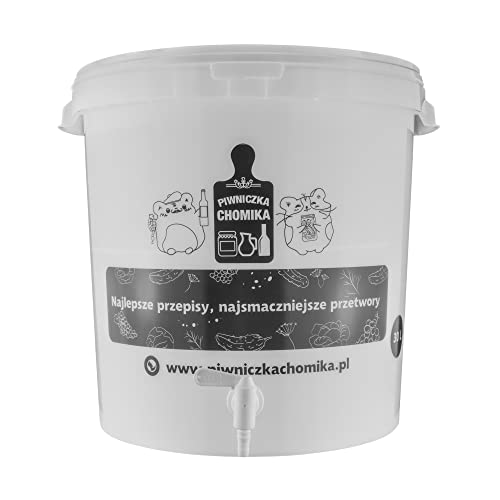HebridesRob
Landlord.
I would change your hopping. 45g bittering hops and 5g aroma hops. I'm guessing high IBUs and very little hop flavour or aroma. For easy drinking ain for 25-35 IBUs. You definitely want more aroma hops. US05 yeast always serves me well.
Thanks. Pretty much bang on what I was thinking with regard to hops. I hadn't got as far as thinking about IBUs but 25-35 sounds pretty convincing to me. Aroma is definitely absent. In fairness to myself here, I just wanted to get something made and I wanted to keep it simple. I sort of knew the aroma would be deficient but I'm a little surprised at how bitter it turned out. It isn't hugely bitter, just more than I expected.
Thanks for the yeast suggestion, think I have some but will get some if I don't.







![BREWING THERMOMETER STICKERS ACCURATELY MONITOR FERMENTING BEER & WINE LIQUID TEMPERATURES 5PCS HOME BREW SPIRITS WINE LCD ADHESIVE [US]](https://m.media-amazon.com/images/I/311DDjo2X3L._SL500_.jpg)


































